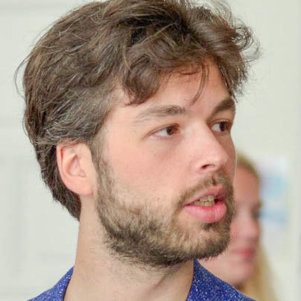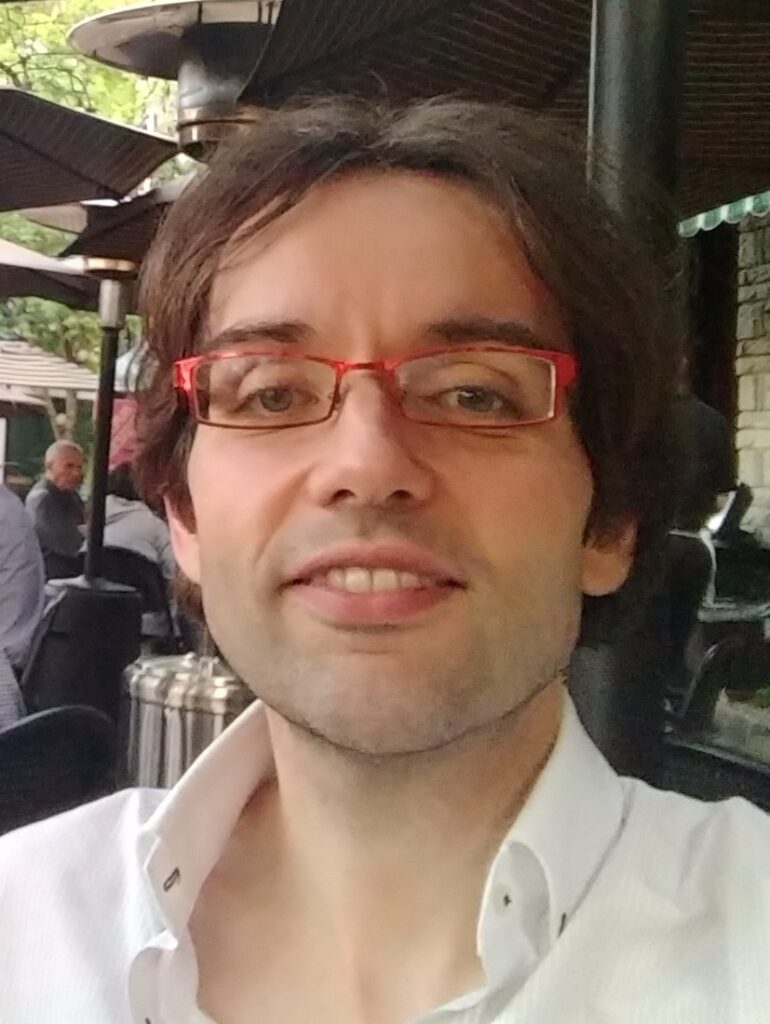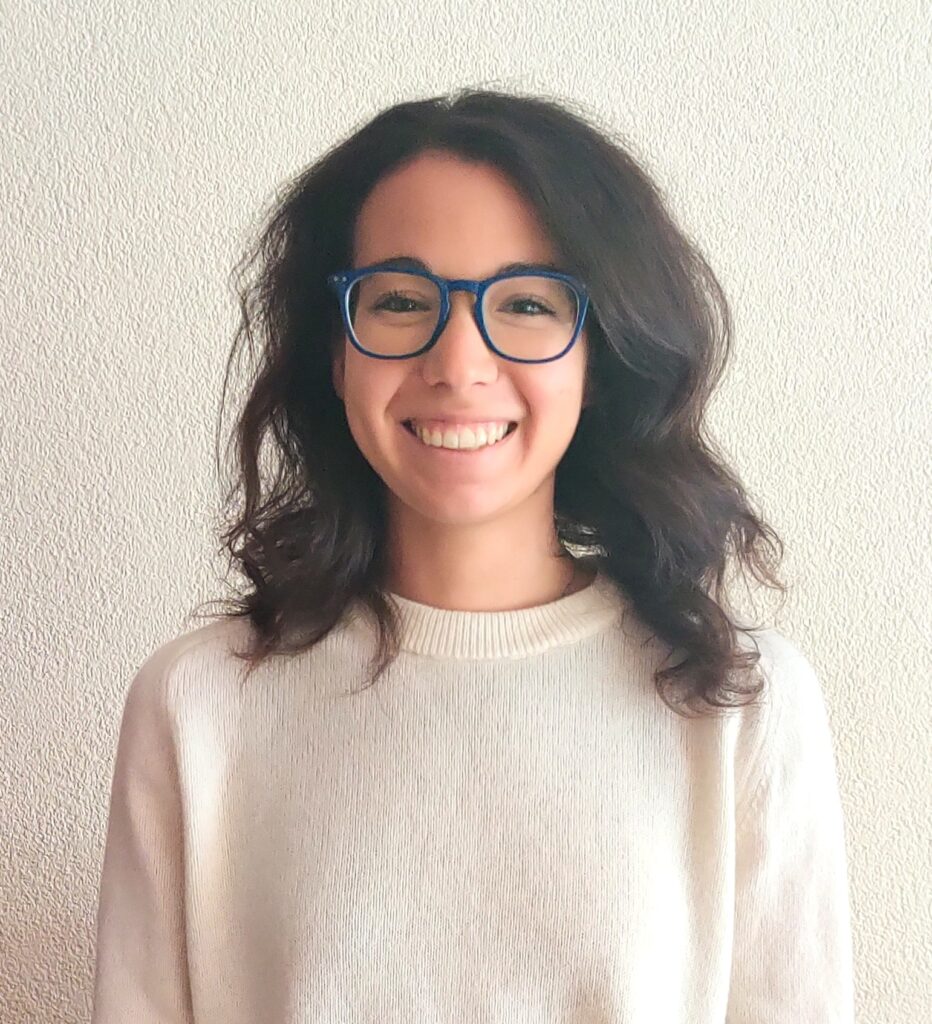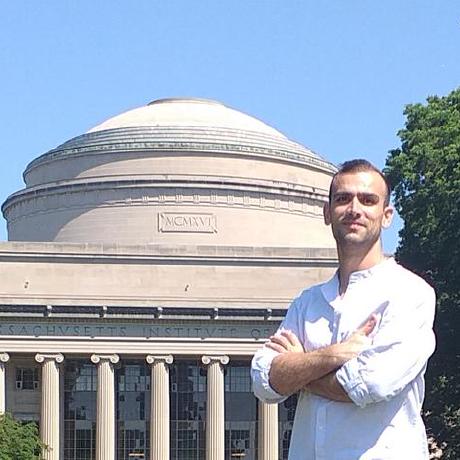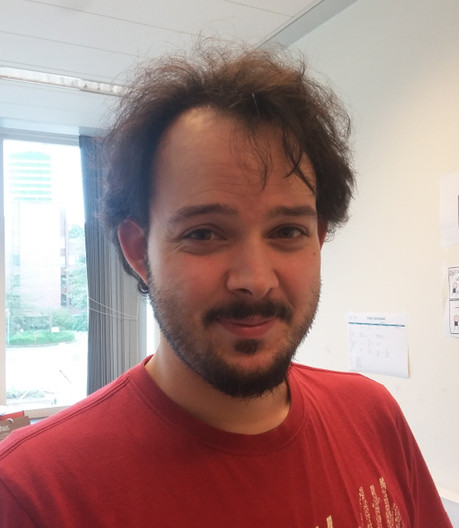Meaningful Human Control and Advanced AI Assistants
Sietze Kai Kuilman PhD at Delft University of Technology Quite recently many large Tech companies have proffered the idea of an Advanced AI Assistant. These assistants should supposedly be able to all manner of tasks for us. They may be able to arrange flight tickets for us, book hotels, order groceries, and plan our agenda’s. […]
Meaningful Human Control and Advanced AI Assistants Read More »
